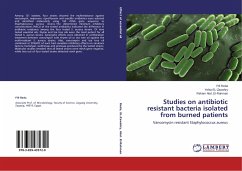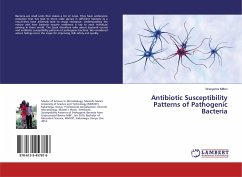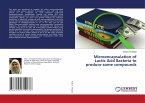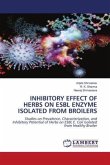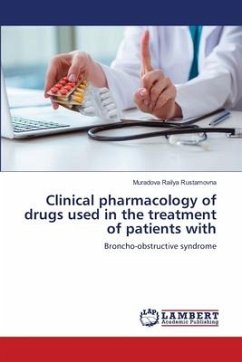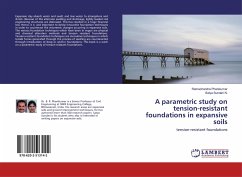Among 121 isolates, four strains showed the multiresistance against vancomycin, imipenem, ciprofloxacin and oxycillin antibiotics were selected and identified molecularly using 16S rDNA gene sequence as Staphylococcus aureus strains. The determined minimum inhibitory concentrations (MICs) of the tested antibiotics indicated the difference in antibiotic resistance among the four tested S. aureus strains. Of nine tested essential oils, thyme and tea tree oils were the most potent for all tested S. aureus strains. Synergetic effects were obtained in combination treatment between vancomycin with thyme oil or tea tree oil against the multi-resistant S. aureus strains. Also, vancomycin and tea tree oil combined at 25%MIC of each had complete inhibitory effects on virulence factors; hemolysin, lecithinase and protease produced by the tested strains. Molecular studies revealed that all tested strains were mecA gene negative, while two out of four tested strains detected vanA gene.

